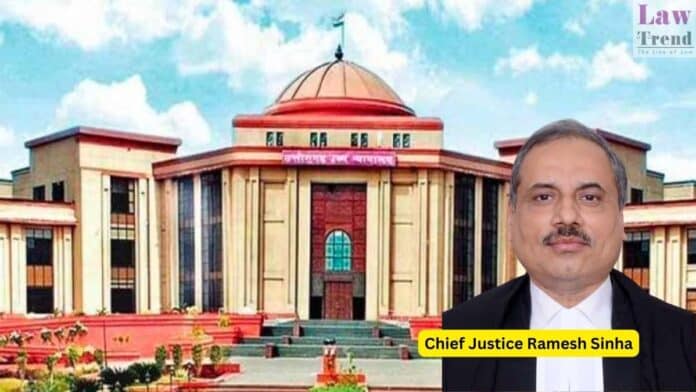The High Court of Chhattisgarh, while upholding the conviction and 10-year sentence of a man for the rape of a minor, has affirmed a crucial legal principle: a matriculation certificate, if available and authentic, serves as conclusive evidence for determining a victim’s age. The Court, presided over by Chief Justice Ramesh Sinha, dismissed the criminal
To Read More Please Subscribe to VIP Membership for Unlimited Access to All the Articles, Download Available Copies of Judgments/Order, Acess to Central/State Bare Acts, Advertisement Free Content, Access to More than 4000 Legal Drafts( Readymade Editable Formats of Suits, Petitions, Writs, Legal Notices, Divorce Petitions, 138 Notices, Bail Applications etc.) in Hindi and English.




